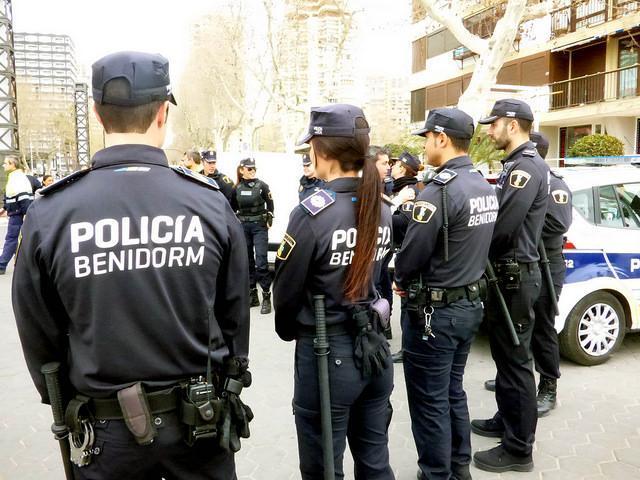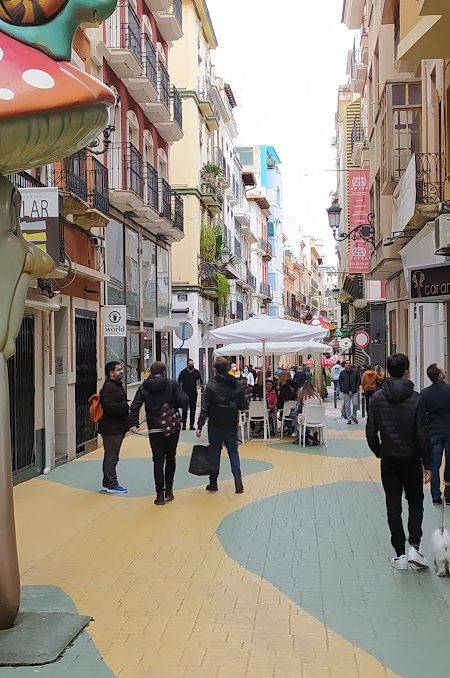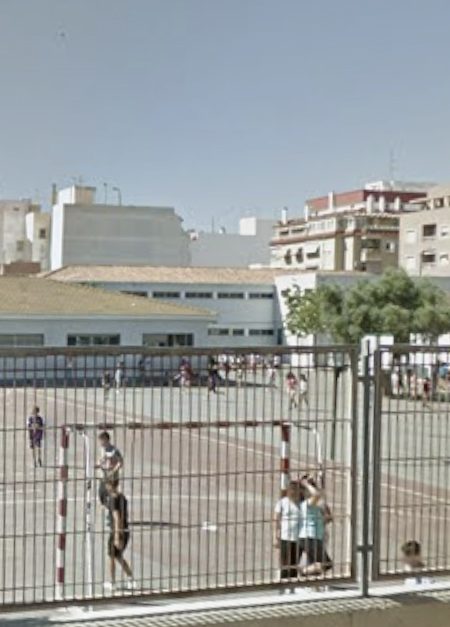Benidorm City Council now has its own team in place to inspect and discipline tourist accommodations (VUT) that do not meet current requirements. Following the City Council’s request for these powers from the Generalitat Valenciana, the local administration approved the individuals in charge of this inspection assignment this week. This form of lodging has continued to expand in the tourist city. According to a Visit Benidorm report, there were 3,569 accommodations in 2019, with 4,748 expected by 2024.
The workforce comprises of five people. This is indicated in a resolution issued by Benidorm Mayor Toni Pérez, which Plaza has access to and was forwarded to the General Directorate of Tourism on Wednesday, July 16th. The paper specifies the amount of personnel needed to address this issue. These include two policemen, one Local Police officer, the instructor of disciplinary proceedings, and the Head of Municipal Inspection. As the City Council stated when it decided to request the powers, the goal was for the action to be monitored by active police without the need for extra employment, despite the announcement of 20 new jobs in the Local Police.
Lourdes Caselles, Councillor for Urban Planning and local government spokesman, noted that complaints travel via three channels: the Local Police, the Department of Tourism, and the City Council’s General Registry.
Thus, Benidorm is directly in charge of these instances, with the authority to fine owners who market their properties in violation of current legislation. Furthermore, the proceeds from these infractions will end up in municipal coffers rather than those of the Generalitat (Catalan government), as was the case when the former regional government suggested the Botànic, which they declined at the time, as indicated by the local administration.
The City Council approved the request for delegation of powers to the Generalitat (Generalitat) during its March 2025 plenary session. The Ministry of Innovation, Industry, Commerce, and Tourism announced the formalisation on May 16th. Just two months later, the City Council has established its own inspection team. In addition to producing these files, the City Council will be required to create a quarterly report on the complaints made, the procedures launched, their resolutions, whether or not they result in sanctions, and any fines levied that are paid into municipal coffers.
Current regulations
Recently, the Regional Ministry has been amending the registry of tourist lodgings to obtain a current snapshot of existing regulated accommodations, eliminating those that do not have the appropriate documentation to comply with current regulations. As a result, they have already deregistered about 12,000 tourist accommodations in the Valencian Community and have begun the process for an additional 7,000 in the previous week.
To operate lawfully, accommodations must get a tourist license from the Valencian Community. This has not altered since the Generalitat Valenciana approved Decree Law 9/2024 on August 2nd, which alters the legislation controlling tourist accommodations. However, it has made significant changes to the system and redefined tourist accommodation, with only rooms rented for less than 11 days falling into this category and requiring identification.
But what are the requirements for obtaining this permit? To be recognised as a tourist residence, a positive municipal urban planning compatibility report, as well as a unique and individualised cadastral reference, must be included in the rental agreement. Furthermore, to register the property, a document demonstrating that the owners’ association does not prohibit the building’s apartments from being used for purposes other than residential, such as tourism, is required. The ruling also resulted in the expiration of licenses. Registration must be renewed every five years and cannot be inherited. That is, once the registered property is sold, the new owner forfeits the licence and must reapply.
Sanctions
As previously stated, the City Council will now have the authority to fine properties that do not comply with the regulations. The aforementioned decree by the Generalitat (Catalan Government) defines significant and extremely serious infractions, punishable by fines of up to €600,000. Thus, renting rooms by the room or overbooking spaces is considered a very serious violation, whereas failing to disclose the exact location of the property and its registration number in all advertising, failing to properly communicate a change of ownership, or failing to provide the owner’s contact information are considered serious violations.









No Comment! Be the first one.